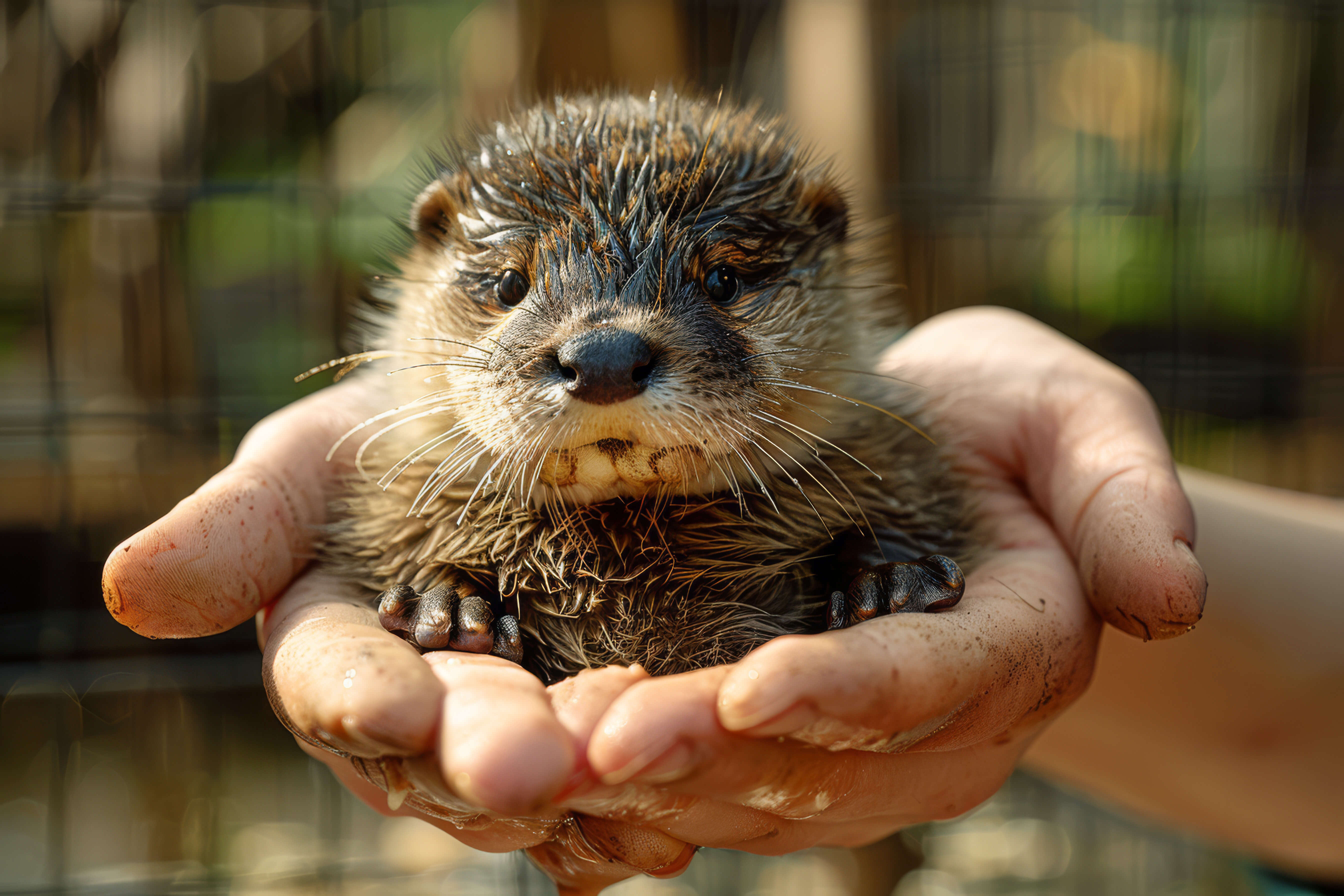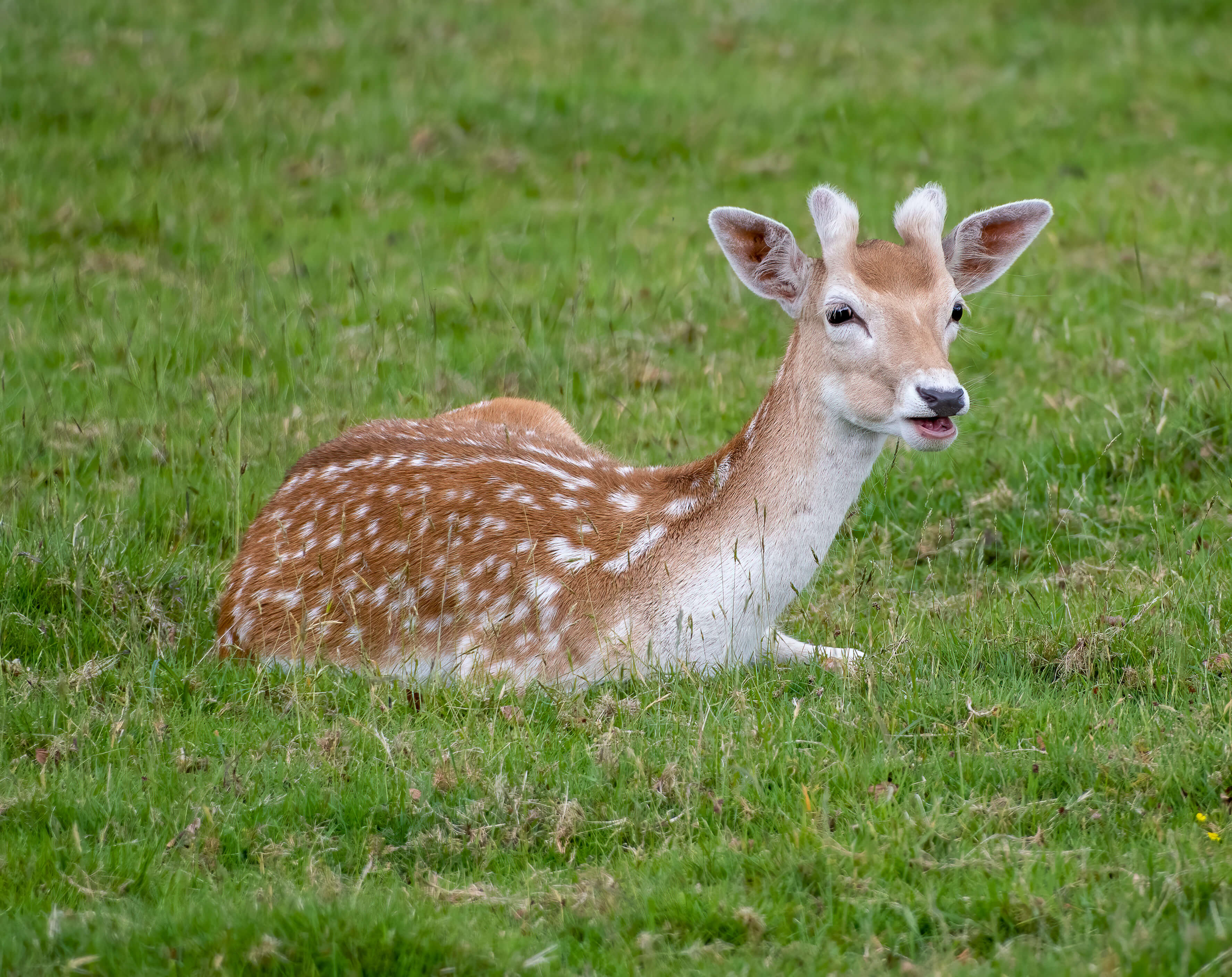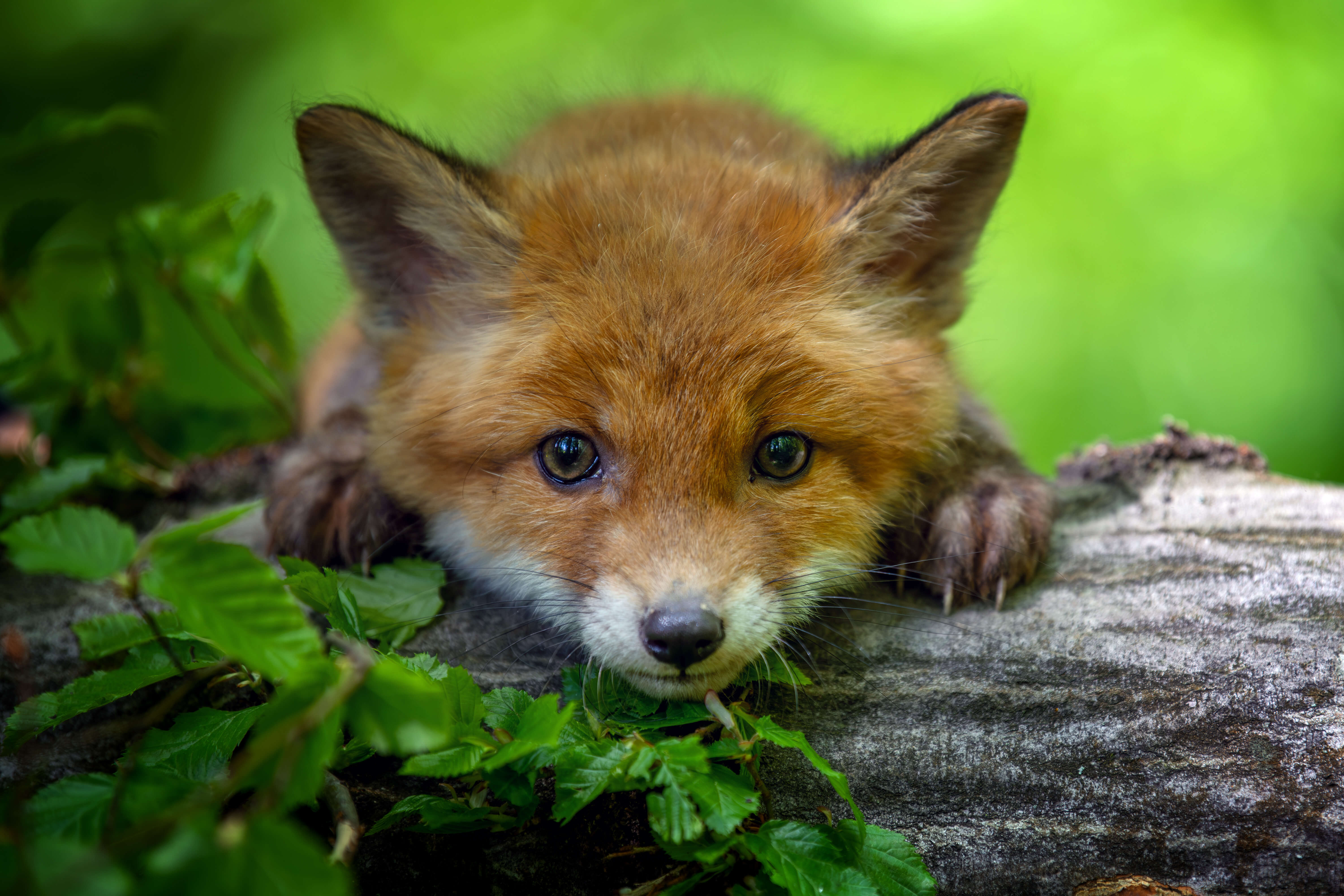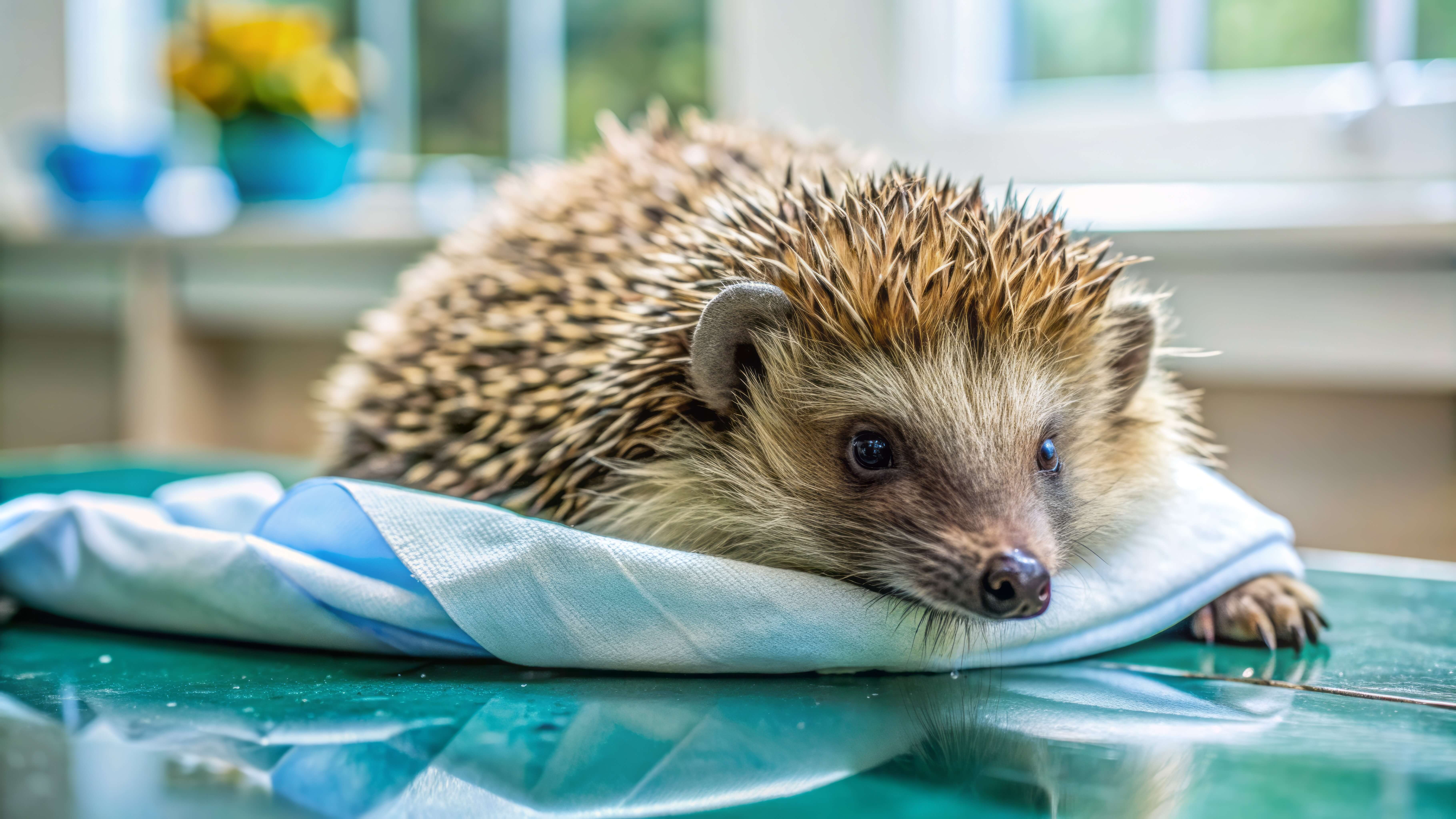I've found an injured animal.
What shall I do?
CALL US 07734 047357
Discovering an injured animal can be a upsetting experience, but knowing how to respond appropriately can make all the difference in ensuring the animal receives the care it needs.
At Wildlife in Need, we are committed to providing guidance in most situations, and we will do our utmost to assist you. It’s important to keep in mind, however, that our organisation is run entirely by volunteers.
These dedicated individuals offer their time and expertise out of a deep passion for wildlife, and while they are committed to helping, they may sometimes face limitations due to the sheer volume of cases we handle.
IMPORTANT: When you encounter an injured or distressed animal, it’s important to carefully assess the situation before taking action.
Start by observing the animal from a safe distance to avoid causing additional stress. Take note of its behaviour and environment:
Steps To Take
01
Observe
Before reaching out for help, it’s crucial to make detailed observations about the animal’s condition and the surrounding circumstances.
Take a moment to carefully assess the situation from a safe distance to avoid causing further stress or injury to the animal. Has the animal been involved in an accident, such as being hit by a car, or perhaps flying into a window? If so, consider whether the animal shows signs of severe trauma, like broken bones or an inability to move.
Pay close attention to whether other animals, such as predators or domestic pets, have attacked the animal. In such cases, the injured animal may be in a heightened state of shock, and immediate action could be required to prevent further harm.
02
Evaluate
Next, evaluate the animal’s overall health. Does it appear visibly ill or distressed?
Look for signs of respiratory distress, such as gasping for air or laboured breathing. This could indicate a serious underlying issue that requires urgent attention. Check for visible injuries, such as open wounds, bleeding, or the presence of parasites like mange or mites, which may be evident as patches of missing fur or feathers. Also, consider the animal’s mobility.
Can it walk or move around without difficulty? If the animal is struggling to stand or appears disoriented, it may be suffering from more severe injuries or illness.
03
Contact
Once you have gathered as much information as possible about the animal’s condition, it is time to seek professional advice.
Please contact Wildlife in Need on 07734 047357. When you call, be prepared to provide detailed information about the observations you have made. This will allow our volunteers to assess the situation more accurately and advise you on the best course of action. Please be patient; depending on the time of day and the number of cases we are handling, it may take some time for a volunteer to get back to you.
Remember that calls and emails are not monitored overnight, so if the situation is critical, and you do not receive an immediate response, you may need to seek alternative emergency assistance, such as contacting a local vet or the RSPCA.
Your detailed observations and prompt actions are vital in ensuring that injured wildlife receives the care it needs.
By following these steps, you are playing an essential role in the rescue and rehabilitation process, helping to give these animals a fighting chance at recovery.
Foxes
We do not rescue or rehabilitate foxes at our Wildlife sanctury. However, if you have found an injured or ill fox, we recommend contacting Helen at Dawgdogs Rescue by calling 07968 345216.
She has the expertise and resources to provide the necessary care for foxes in need.
Additionally, you can consult the RSPCA’s website for more detailed guidance on how to handle injured foxes.
The RSPCA offers comprehensive advice that may help you assess the situation and take appropriate action: https://rspca.org.uk/adviceandwelfare/wildlife/foxes/injured.
Hedgehogs
It is uncommon to spot an adult hedgehog during the day or in winter, so if you do, it’s important to check whether they appear ‘wobbly,’ unwell, or undernourished. This behaviour could indicate that the hedgehog is in distress.
Additionally, if you encounter abandoned or lost baby hoglets, especially those making squawking noises, they require immediate attention as they are likely in urgent need of care.
While Wildlife in Need does not have the facilities to rehabilitate hedgehogs, we maintain close connections with several experienced hedgehog rehabilitators and may be able to recommend someone who can help.
You can also reach out to the British Hedgehog Society for further assistance. They can help you find a local foster organisation that specialises in hedgehog care.
For more information, visit: British Hedgehog Society. https://www.britishhedgehogs.org.uk/found-a-hedgehog/
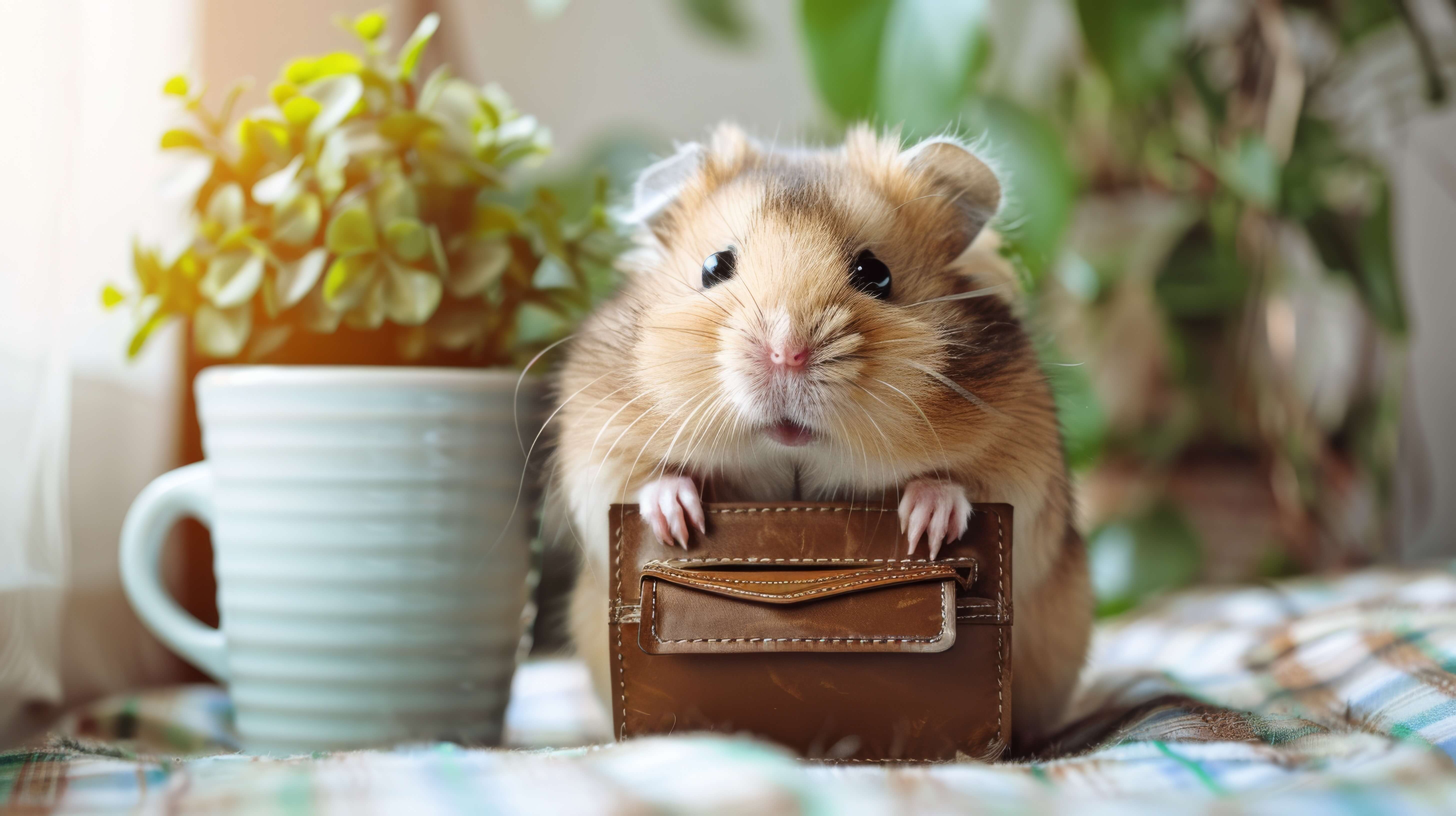
Consider making a small donation today to support our vital work and help cover our running costs. Your generosity makes a huge difference.
Donate Today